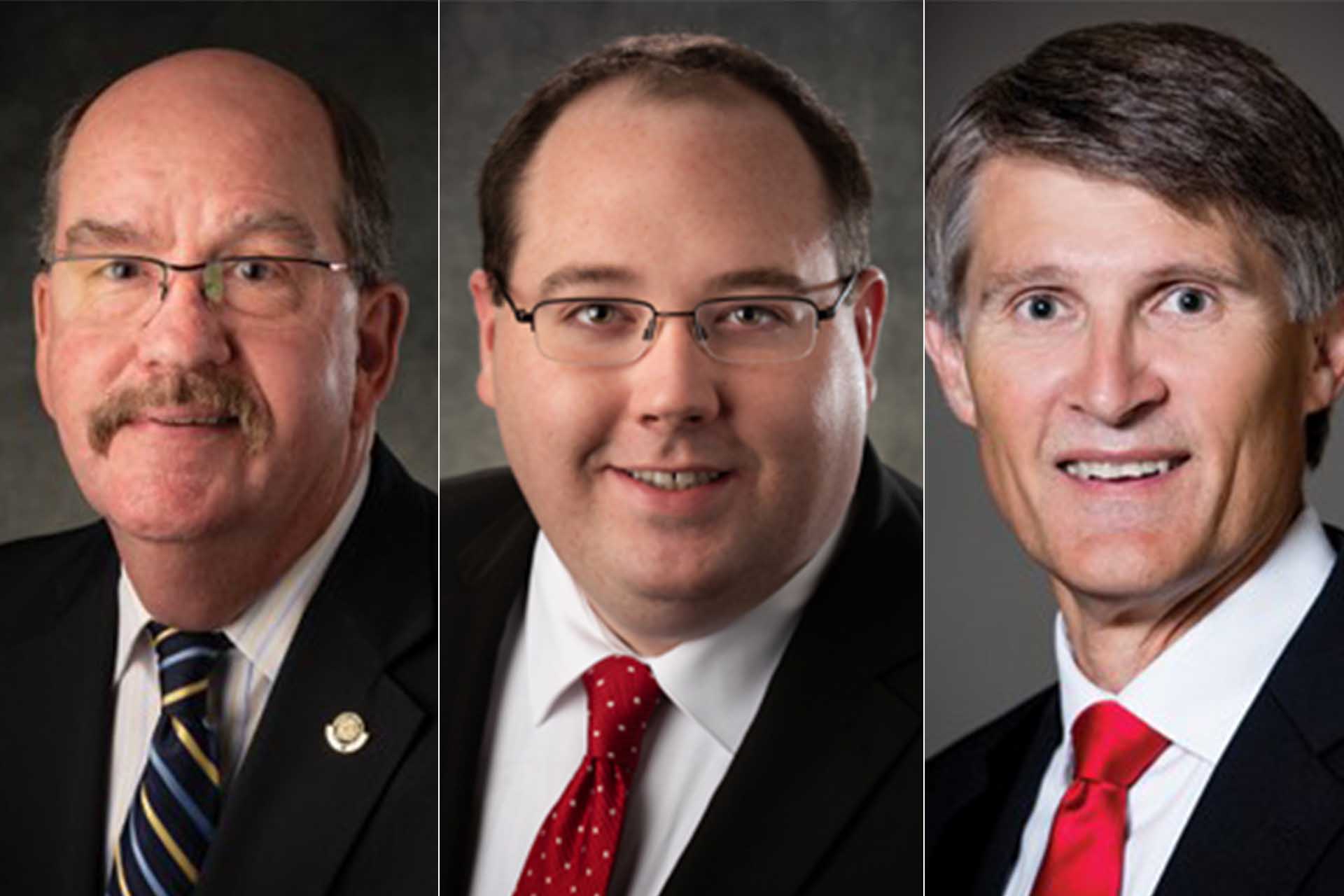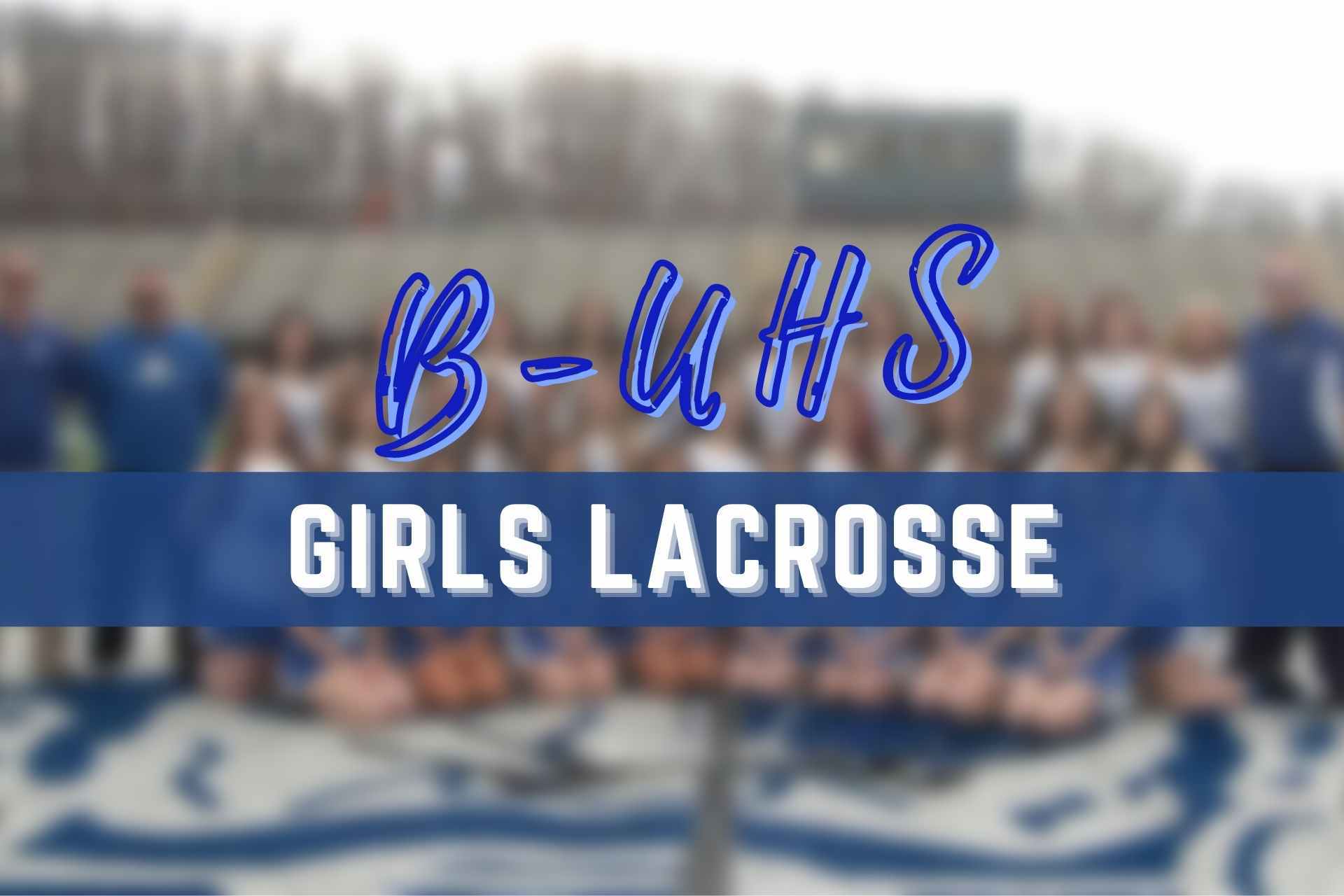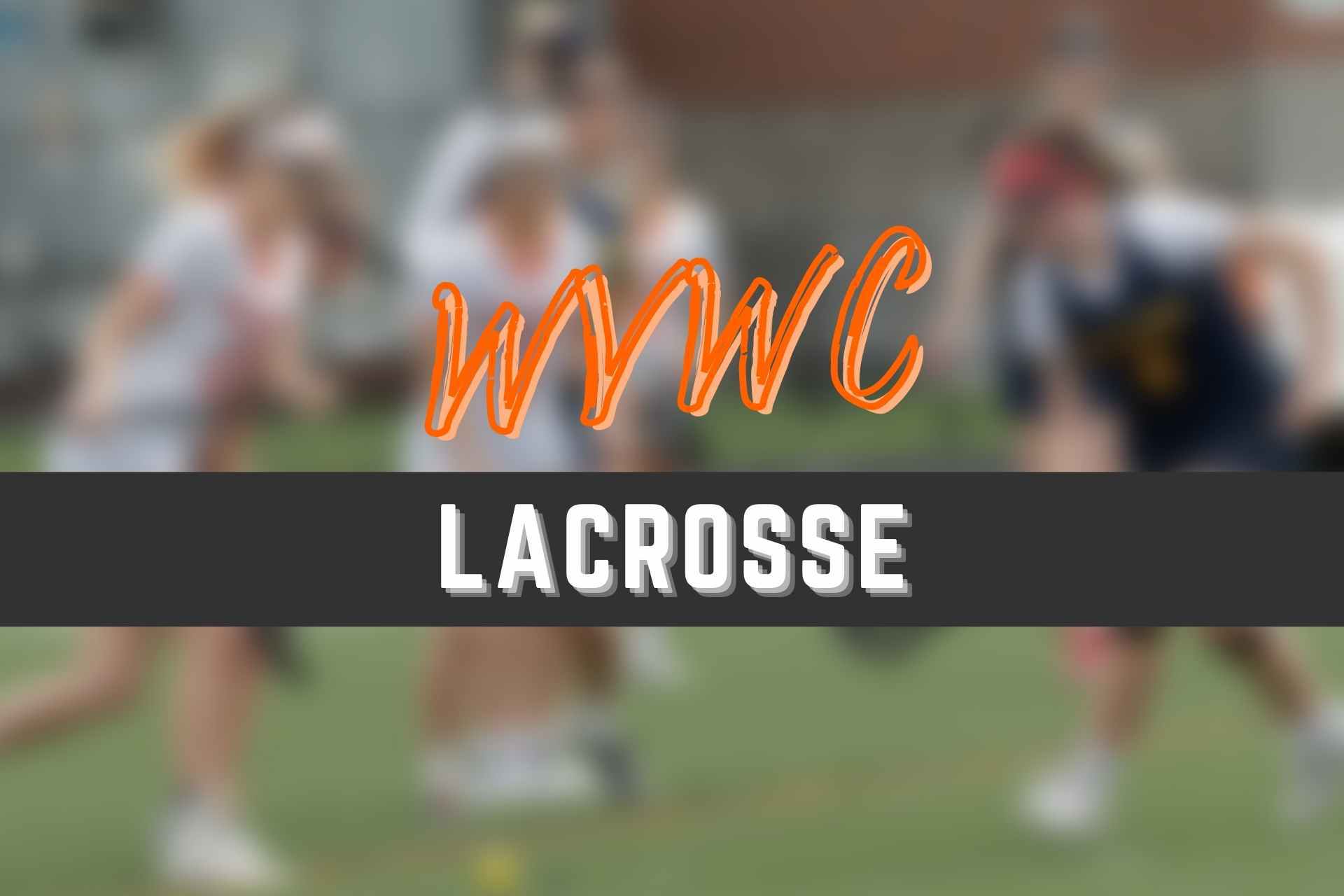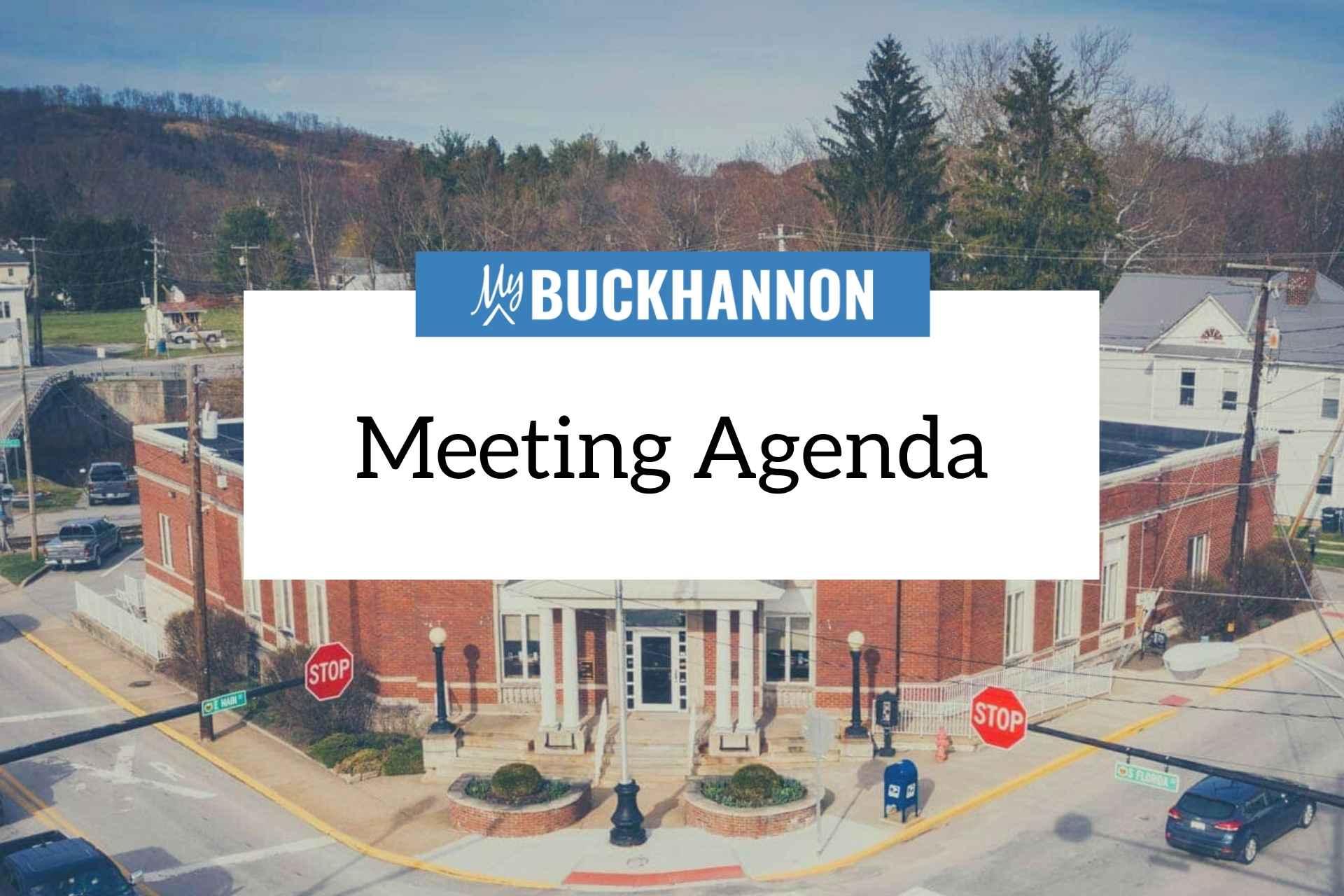BUCKHANNON – The West Virginia Legislature’s revamped – and much debated – education omnibus bill passed the West Virginia Senate Monday night, paving the way for Gov. Jim Justice’s promised 5 percent pay raises for educators and schools service personnel across the Mountain State.
House Bill 206 was effective from passage and was signed by Justice on Friday.
The most controversial component of House Bill 206, however, doesn’t have to do with compensation; it’s a provision that will allow for three publicly funded charter schools to be established by July 1, 2023; another three by 2026; and so on.
Upshur County legislators are divided on the issue of charter schools, with one voicing clear opposition to them (Sen. Bill Hamilton), another expressing reservations about them (Del. Carl “Robbie” Martin) and a third saying he believes they’re a tool that could be used to attract new businesses to West Virginia (Sen. Greg Boso).
My Buckhannon recently reached out to Hamilton, Martin and Boso to get their thoughts on charter schools, among other provisions in HB 206, which was the focal point of the Legislature’s month-long special session.
The charter school controversy
Hamilton, R-Upshur, said although he supports a variety of measures in House Bill 206, which passed the Senate 18-16, said he couldn’t bring himself to vote for the final product because of the charter school provision. Hamilton and Sen. Kenny Mann, of Monroe County, were the only Republicans in the Senate to vote against the bill.
“It has some really good points,” Hamilton said Tuesday, “but the poison pill is the charter schools.”
Hamilton, who represents the 11th Senatorial District along with Boso, R-Nicholas, said he doesn’t support charter schools because he feels they could widen socioeconomic disparity in rural areas.
He also believes the Mountain State needs to master its public education system before it ventures into the arena of charter schools.
“[Charter schools] pick out the winners and losers,” Hamilton said. “You’ve got people with resources who have the money to enroll their children in charter schools and take them out of the public school system.”
“With charter schools, they also don’t have to take children with special needs, from my understanding,” Hamilton added. “Charter schools work in an urban area, where they can be very successful. Even saying that they’re very successful, there’s not a clear-cut winner because half of them fail, and half of them are successful.
“West Virginia is a rural state, and not even Charleston and Morgantown and Huntington are large enough. Why would you want to put a charter school in a county that has a declining student population? We only have three counties in the state – that’s Jefferson, Berkeley and Monongalia – that don’t have a declining student population.”
Hamilton also expressed worries about the charter schools opening the door to a loss of funding for public schools – a concern some Upshur County Board of Education members, including president Dr. Tammy Samples, shares.
For every student that attends a charter school, the taxpayer money that went to the public school system is diverted to the private school, meaning less overall funding is available for public schools.
Hamilton said under HB 206, up to 10 percent of students in each county school system can opt to attend charter schools.
“We have 3,600 students in Upshur County, and so if we take out 10 percent – 360 students – then according to the [state per-student] funding, that’s $1.6 million coming out of our schools’ budget, and I think our superintendent would have a heart attack because that’s a lot of money you’re pulling out of the system.”
And although Martin, R-Upshur, voted for the House Bill 206, he, too, has some concerns about charter schools.
“My least favorite thing about the Omnibus Education Bill is the charter schools,” Martin said earlier this week. “I am not totally against charter schools, but I think [the bill implementing them] needs to be written properly for it to be fair. That’s where the local boards come into play when they are accepting the charter.”
Martin said charter school success stories can be misleading, because children who attend charter schools are already likely more advantaged, even if simply because they have parents or guardians who are willing to take the time and effort to fill out an application for admission.
“Typically, when a parent works with their child, they do better in school already,” Martin remarked. “Sadly, there are parents who don’t care, and they wouldn’t spend the time to apply for the school.
“That gives skewed results of the charter because it only receives students who typically perform better. When you look at it on paper, it looks like they (students in charter schools) do better because a public school takes every child.”
Martin said he had an idea to level the playing field.
“I think the way a charter school would be most effective is if every child would have to be enrolled in a lottery,” he said. “If a parent did not want their child to go there, the parent would have to fill out a form saying they did not want their child to attend the charter school. That is one example of how I think it could be fair for all of the children in the school.”
Martin said he hopes if charter schools are created, local boards of education will use the type of lottery process he suggested; he said he’ll be contacting school boards when a charter school is created to share his concerns about how it needs to be fair to all students.
Boso, who also voted for House Bill 206, supports charter school creation. He said charter schools could play a crucial role in enticing new businesses to move to – and stay in – West Virginia, arguing people want choice when it comes to schools.
“When you get to talking to the business community, especially where you are trying to attract new business and industry into West Virginia, those businesses, where they are operating in other states and considering bringing their operations to West Virginia, they want to be able to have those opportunities of choice for their employees and management people they are bringing,” Boso told My Buckhannon earlier this month. “So, that is a check box that some people are looking at – not everybody, and I understand that.”
Amendment 102
Hamilton tried twice to submit an amendment to the final bill that would have mandated local referendums on charter schools in each county. It failed during the Senate’s special session and again by a vote of 18-16 on Monday, June 24.
The reasoning behind the amendment, he said, is that there seems to be a disconnect between what West Virginians want and what some Republicans think West Virginians want.
“We’ve had education forums all over the state, and 88 percent of people said they did not support charter schools,” he said. “One group says the people do support charter schools, and another group says the people don’t support charter schools, so I thought, ‘Let’s vote on it.’”
On the second vote on Amendment 102, Hamilton requested a roll call vote and was frustrated when 18 Senate Republicans voted against it.
“It was a local referendum, and so any county where they proposed placing a charter school, if my amendment had been successful, the school board would have been required to put the vote for charter schools on the ballot – and it would have to be in a primary or general election, not a special election; I was very specific about that,” he said.
Hamilton said he was “disappointed but not surprised” his amendment failed.
“Being a Republican … my understanding is that the party supports local referendums, and this same amendment was submitted by Del. (Mark) Dean, R-Mingo, and went down in defeat in the House of Delegates 52-45.”
“So, there’s 70 Republicans in the Legislature that need to reread our state party’s platform,” Hamilton said.
Boso said the first time Hamilton’s amendment was submitted, he voted no because he believed the House of Delegates would have been opposed to such a measure.
“The key was whether or not we could get approval of the House,” Boso explained. “The indications were that we could not get approval of the House, and we didn’t want to compromise the ability to get the bill in place. If the bill would have been drawn out another week, it would not have allowed us to get pay raises in place for our teachers. We would have missed the July 1 deadline.”
Boso also said adding charter schools will be a gradual process, not a “huge wave.” He noted that while county voters won’t have a say in whether charter schools pop up in their communities, local boards of education will. And if residents don’t like their board of education’s stance on charter schools, voters can vote those BOE members out at the next election.
“The key is, the local boards of education have to approve charter schools,” Boso said. “It’s an electoral process. We elect those individuals (county BOE members) to serve our communities as BOE members. I’m a huge proponent of the electoral process. If we don’t like somebody, we take care of it at the ballot box next time. Or we ask them about their particular position on an issue before we go to the ballot box.”

House Bill 204’s benefits
Hamilton said he was happy the House removed the anti-strike provision originally written into Senate Bill 1039, the Student Success Act, and glad that the legislation capped the number of charter schools.
“There are some good things in the bill,” he said, pointing to the expansion of the Mountaineer ChalleNGe Academy, a military-liked school associated with the West Virginia Army National Guard; a second location will be added in Fayette County in addition to the main school in Kingwood.
Martin and Boso said they, too, liked the expansion of the ChalleNGe Academy to a 600-student capacity.
All three legislators said they were in favor of the additional funding the bill adds to pay for “wraparound services” – for example, mental health counseling.
Boso said much of the work teachers do today is more taxing than it likely was 10 or 15 years ago.
“A lot of that comes out of the opioid crisis,” he said. “Our wraparound services – we are pretty passionate about those and we have continued those.”
Hamilton said the providing for the addition of specialized professionals was critical.
“With this opioid epidemic and substance abuse epidemic, parents are hooked, and it’s affecting the children,” he said, “and the teachers just don’t have time to deal with those problems. We put more counselors in the school system and increased the allotment of monies going to the counties.”
The bill has a provision that will give county school boards leverage to compensate teachers in “critically needed” or difficult-to-fill subjects at a higher rate than other teachers, and Boso and Martin said they’re in in favor of that.
“We are putting an additional $140 million into education in the state, and that’s not just in teacher salaries – it is in wraparound services and emphasis-targeted education such as science and math,” Boso said. “Right now, we are targeting math because we cannot find teachers to be able to teach in the school system.
“I would be a proponent of expanding that so we can keep ahold of our good science and math teachers to promote science, technology, engineering and math so we have people coming out of and being able to go into, if they so choose, an engineering or science field where we have a great need now.”

Martin said he was happy the house bill increased teachers’ supplies allocation by $200 annually and put a mechanism in place that would prevent teachers transferring into the West Virginia public school system from having to pay a transfer fee.
“We removed that fee completely,” he said. “We also a bonus for teachers of $500 for those who missed not more than four days of school. When I was on the Upshur County Board of Education, we did that as well.”
“At first, I had a lot of other delegates question me on that since we did it in Upshur County,” Martin continued. “I was skeptical at first about how that would work (when he was on the Upshur BOE), but it turned out to be very effective. So, that was one of the things we got in there, I think, because of my experience being on the board of education in Upshur County.”
Martin said legislators had a better understanding of everything in the bill during the special session.
“I truly believe there was a lot of work to get us together to where we are this time around,” he said. “It was a big struggle. If you look at the difference from the first bill, I did vote to table it. I thought we should reconvene to vote on it because it was a 160-page bill, and people were confused with what was in the bill. I wanted us to wait and go over it more because it seemed we were going way too fast and it was hard to make sure we had all of the details.”
News correspondent Beth Christian Broschart contributed greatly to this story.


























